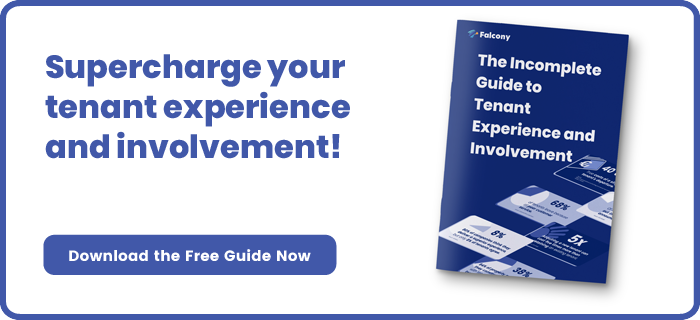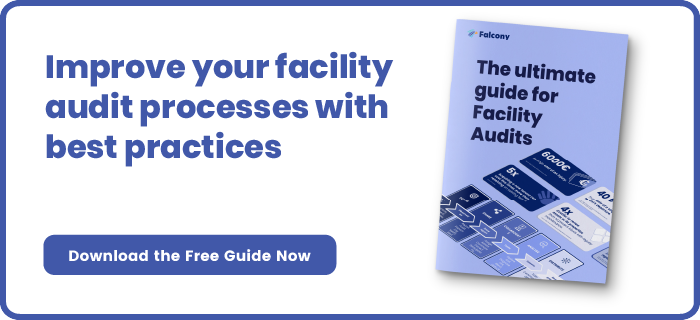7 Safety Hazards Every Property Manager Should Know
Property managers have a significant safety responsibility to maintain safe environments for tenants, visitors, contractors, and staff.
Whether overseeing residential buildings, commercial properties, or mixed-use developments, safety must be a top priority to prevent accidents and protect reputations.
Understanding the most common hazards is the first step towards proactive risk management. Below, we highlight seven safety risks that frequently arise in property management—and outline practical steps to mitigate them.
Seven safety risks in property management
Slips, Trips and Falls
Slips, trips and falls are among the most frequent accidents on managed properties. Wet floors, uneven pathways, loose carpeting, and poorly maintained staircases can all cause injury.
Prevention measures:
-
Carry out regular inspections of communal areas, stairwells, and outdoor walkways.
-
Maintain adequate lighting in all areas.
-
Clean up spills and remove hazards promptly.
-
Use clear signage for wet floors and areas under maintenance.
Electrical Hazards
Unsafe wiring, overloaded circuits, and poorly maintained electrical systems can cause shocks, fires, and equipment damage.
Prevention measures:
-
Arrange regular inspections by qualified electricians.
-
Comply with the latest wiring standards and safety codes.
-
Educate tenants and staff about safe use of electrical outlets and equipment.
Fire-Related Incidents
Fires can be triggered by faulty appliances, unattended cooking, smoking, or electrical faults—posing a serious threat to life and property.
Prevention measures:
-
Install and maintain smoke detectors, fire alarms, and sprinkler systems.
-
Conduct fire risk assessments and update them regularly.
-
Keep evacuation routes clear and well signposted.
-
Provide fire safety training for staff and communicate safety procedures to tenants.
Lift and Escalator Malfunctions
Lifts and escalators are essential facilities in many properties but can present serious risks if not properly maintained. Breakdowns, entrapment, and sudden malfunctions can cause injuries.
Prevention measures:
-
Schedule routine servicing and inspections by accredited engineers.
-
Respond promptly to reported faults or unusual activity.
-
Ensure emergency contact details are visible inside lifts.
Falling Objects
Loose fixtures, unsecured shelving, and overhead maintenance work can all lead to falling objects, resulting in injuries to people below.
Prevention measures:
-
Secure overhead fixtures such as lighting, shelving, and signage.
-
Follow strict safety protocols during maintenance and renovation work.
-
Use barriers and warning signs to restrict access when overhead work is in progress.
Gas Leaks and Carbon Monoxide Exposure
Undetected gas leaks and carbon monoxide build-up are silent but deadly hazards.
Prevention measures:
-
Install carbon monoxide detectors and check them regularly.
-
Conduct annual gas safety checks by Gas Safe registered engineers.
-
Raise tenant awareness about the signs of gas leaks and carbon monoxide poisoning.
Security Incidents and Personal Safety Risks
Inadequate security measures may expose properties to theft, vandalism, or personal safety threats to tenants and visitors.
Prevention measures:
-
Implement robust access control systems, such as key cards and CCTV.
-
Ensure car parks and communal areas are well-lit and monitored.
-
Establish clear procedures for reporting and responding to suspicious activity.
Conclusion
Safety management in property portfolios requires continuous effort, regular risk assessments, and timely maintenance. A culture of safety—supported by clear processes and modern digital tools—can help property managers prevent accidents, meet legal obligations, and maintain the trust of tenants and owners alike.
Investing in proactive safety measures protects people, reduces liability, and helps maintain the long-term value of the property.
If you're looking to implement a mobile tool for your audits, we've got you covered. Falcony | Audit is easy-to-use, fast to set up, has customisable workflows, vast integration possibilities and more. Contact us for more information.
We are building the world's first operational involvement platform. Our mission is to make the process of finding, sharing, fixing and learning from issues and observations as easy as thinking about them and as rewarding as being remembered for them.
By doing this, we are making work more meaningful for all parties involved.
More information at falcony.io.

Related posts
What to include in Welding Safety Inspections?
Regular safety inspections are a crucial part of maintaining a safe working environment in welding...
7 Most Common Safety Risks in Hotels
Hotels are meant to be sanctuaries of comfort and relaxation for guests, but behind the scenes,...
What is welding safety?
Welding is a vital industrial process used in various sectors, from construction to manufacturing....






